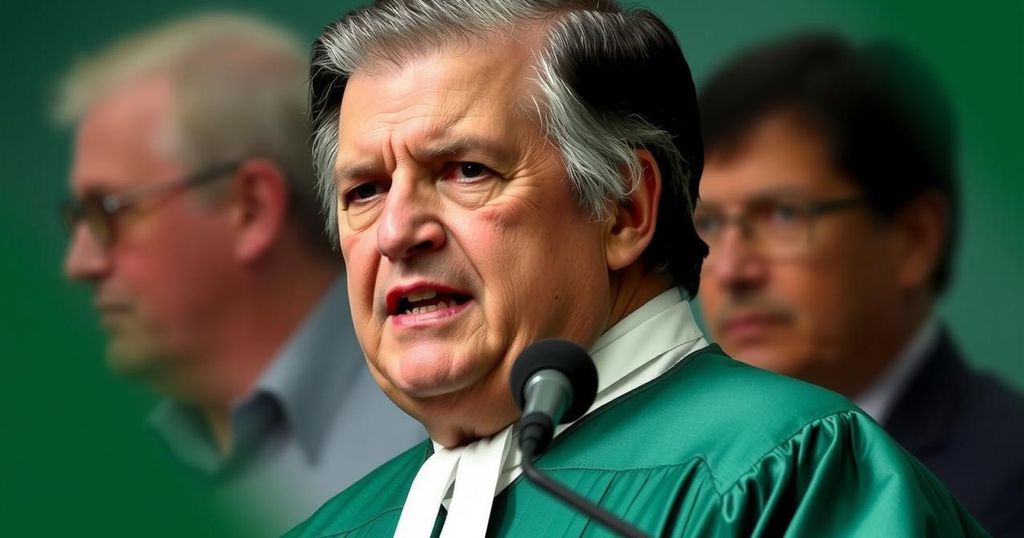Bolivia’s Judicial Elections: Insights for Mexico Amid Political Turmoil

Bolivia’s recent judicial elections highlight concerns about voter disillusionment and political influence on the judiciary. With mandatory voting and little knowledge of candidates, many voters express frustration. The upcoming elections in Mexico reflect a similar transition, prompting officials to observe Bolivia’s experience closely as a gauge for potential outcomes in their own electoral reforms.
In Bolivia, the recent judicial elections, conducted amidst strict campaigning bans, reveal the complexities and challenges of electing judges through a popular vote. Even though campaigning is prohibited, candidates have resorted to subtle promotional tactics to connect with voters who likely possess little knowledge of the numerous options on their ballots. Bolivia stands apart as the sole nation implementing elections for high judicial roles, a practice that is set to be adopted by Mexico following President Andrés Manuel López Obrador’s contentious reform of the justice system, which has faced significant public dissent.
Former President Evo Morales also attempted a judicial overhaul in 2009, framing it as a step toward eliminating corruption and enhancing democracy. Despite President Luis Arce touting the elections as a “milestone in democracy,” many Bolivians express disillusionment, claiming that these elections have transformed the judiciary into a political asset rather than an impartial entity. The judicial electoral process raises significant concerns about the integrity of judicial appointments, with some citizens opting to make arbitrary decisions, such as flipping a coin, given their lack of information about the candidates.
Mandatory voting in Bolivia exacerbates the electorate’s frustration, as long queues form across polling locations, reflecting a populace largely uninformed about the candidates. The public outcry highlights that the benefits of a politically charged judiciary may not outweigh the potential erosion of checks and balances across Latin America. As judicial elections continue to unfold, critics warn of the implications for political stability and democratic governance in Bolivia.
The upcoming results will likely influence not only Bolivian politics but also provide valuable lessons for Mexico as it prepares for similar electoral reforms. Historically, the previous two elections held under Morales have garnered low participation, with many voters rejecting the legitimacy of candidates pre-selected by the political elite. Morales’ own history with the courts illustrates the precarious balance between judicial independence and political interests, culminating in crises that have reshaped the political landscape.
Judicial elections in Bolivia emerged as an innovative, albeit controversial, method of appointing judges, aimed at increasing democratic engagement. However, critics argue that such elections undermine the independence of the judiciary by intertwining it with political agendas. This practice is gaining attention in Mexico, where a recent overhaul of the justice system has brought the issue to the forefront. By examining Bolivia’s experience, Mexico may glean insights into the potential pitfalls and complexities associated with judicial elections in a politically charged environment.
The recent judicial elections in Bolivia expose significant flaws in the system of electing judges through public vote, raising important questions about the impact on judicial integrity and democracy. As Mexico prepares to implement similar reforms, it is crucial to consider Bolivia’s challenges and the resulting disillusionment among voters. The lessons learned from Bolivia’s electoral process may serve as a cautionary tale for Mexico to ensure that judicial independence is preserved amidst political turmoil.
Original Source: www.newspressnow.com







